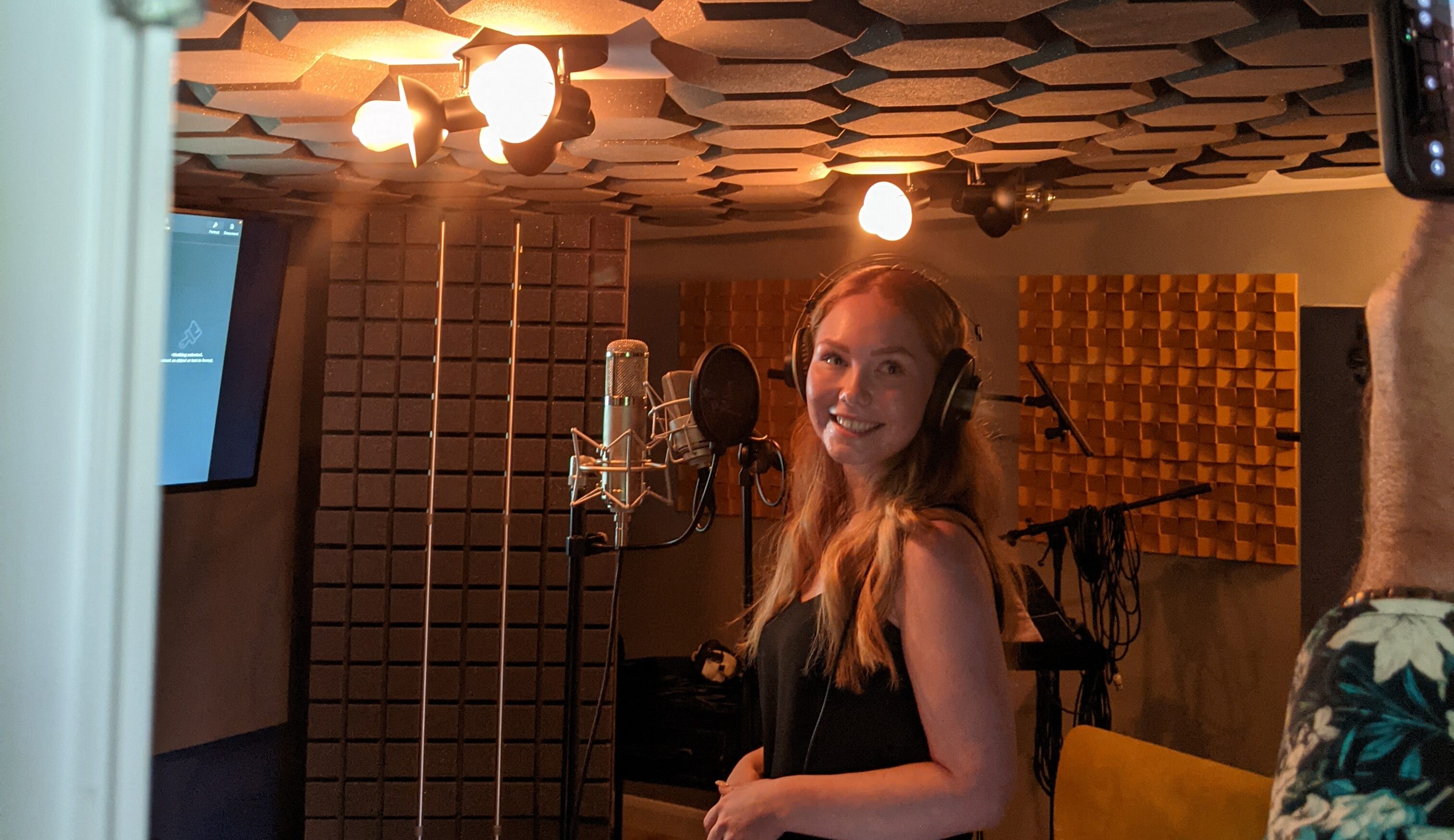One of the UK’s leading innovators in health, education and social care has launched a new virtual reality (VR) film highlighting the impacts of Fetal Alcohol Spectrum Disorder (FASD).
Cornerstone VR has partnered with the National Organisation for FASD and Cambridgeshire Virtual School to create the immersive film, shown from the perspective of an unborn child whose mother is feeling pressured to drink alcohol at a party.
Cornerstone VR’s programme is already used by public and private organisations, nationwide, to raise awareness of topics including domestic abuse, knife crime, child criminal/sexual exploitation and their effects on children and young people.
The film is voiced by a young person living with FASD and is aimed at those living with and supporting young people with FASD, including birth families, foster carers, adopters, special guardians, residential workers, as well as those working in social care and education.
FASD is a neurodevelopmental condition with lifelong cognitive, emotional and behavioural challenges with over 400 co-occurring conditions, including ADHD and autism.
Serena Hadi, Cornerstone VR’s Head of Operations and Practice, said:
“It was really important for us to put together a film that was not just informative but immersive, so we could really capture the attention of the audience. Being from the point of view of the unborn baby reminds us that this could be anyone’s story.”
In the film, voices can be heard outside of the womb offering the mother ‘just one more’ drink, to highlight how even small levels of alcohol has the potential to affect the growth and development of developing embryos.
Due to difficulties with diagnosis the exact number of people living with FASD is unknown, but it’s thought that one in 13 children are born with it, with up to half a million young people in England and Wales not yet receiving support.
Georgia Roberts, the voice of the new VR film, has FASD, autism and ADHD. As someone with experience of the disorder she is keen to raise its profile, working closely alongside the National Organisation for FASD.
She said: “I think it’s so important to spread the message. I had such a lack of help in my childhood that I want to change that for the next generation. FASD is not spoken about enough and people don’t feel like they understand it. Everyone presents differently so you just need to listen; we know how to help ourselves, we just need to be taken seriously.
“People with FASD aren’t incapable – we are so capable. It’s normally because people hold us back that we fail. We need to be empowered and know our strengths. I hope this partnership broadcasts a strong message to professionals and it helps them understand a lot more about the condition. Every professional should know what FASD is. It shouldn’t take someone being in crisis for them to learn more about it.”
Brian Roberts, director of education and wellbeing at the National Organisation for FASD, said:
“FASD is a serious public health concern around the world. People with FASD are often misunderstood and poorly supported, but it really doesn’t have to be like that. Examples from people with FASD, who have been supported by informed family and professionals, show that they can and do achieve.
“This video has been developed in collaboration with people with lived experience, as professionals, as parents and with people with FASD. This experience shapes the training package to give those taking part grounded real life examples of how people with FASD can be understood and supported. I would urge colleagues to take advantage of FASD training that draws on the lived experience of people in order to inform and change their practice.”
For more information about Cornerstone VR, click here.


